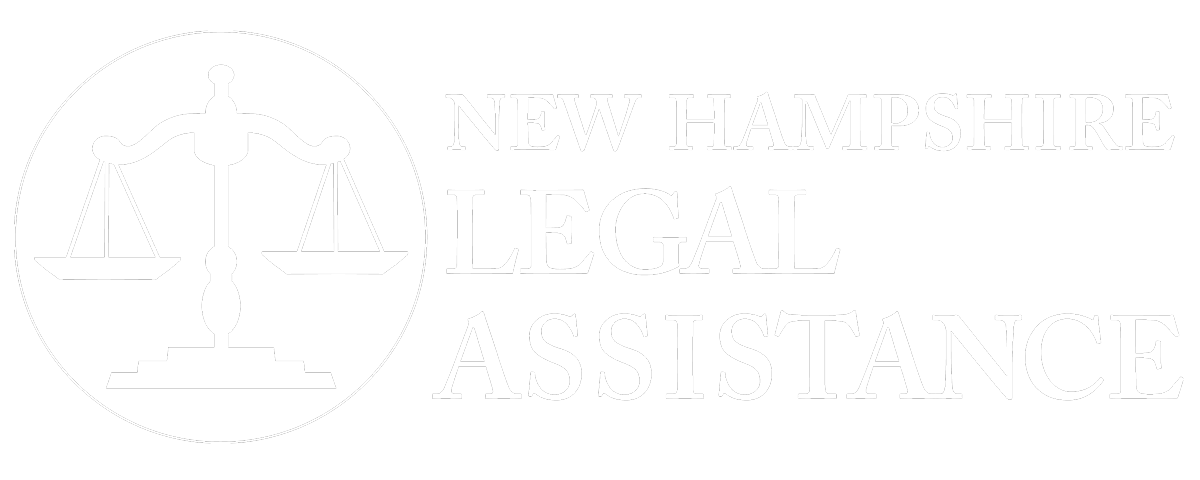Domestic Violence and the LGBTQIA Community — Statistics and Helpful Resources
NHLA strives to be a safe and welcoming organization for individuals of all orientations and identities, year-round. We are committed to increasing access to legal services for members of the LGBTQIA community who have been victims of discrimination and domestic and sexual violence.
According to the Centers for Disease Control and Prevention (CDC), lesbian, gay, and bisexual individuals are subjected to sexual violence at similar or higher rates than heterosexual people. Studies also suggest that half of trans/transgender individuals and bisexual women will experience sexual violence at least once in their lifetimes.
Data compiled by the National Coalition Against Domestic Violence shows that 43.8 percent of lesbian women and 61.1 percent of bisexual women experience rape, physical violence, or stalking in their lifetime as opposed to 35 percent of heterosexual women. The same studies report that 26 percent of gay men and 37.3 percent of bisexual men will also experience rape, violence, and stalking at some point.
Despite experiencing higher instances of physical and sexual violence compared to heterosexual individuals, LGBTQIA individuals are significantly less likely to seek support and shelter. In 2012, fewer than five percent of LGBTQIA survivors of intimate partner violence sought orders of protection. Persistent discrimination and a public consensus that still sees domestic and sexual violence as an issue mainly affecting heterosexual women creates a fear among those in the LGBTQIA community that no one will believe them. Prior experiences of bullying and hate crimes may keep LGBTQIA victims of domestic violence less likely to seek help if the abuser threatens to expose their orientation or identity.
NHLA recognizes the challenges facing LGBTQIA individuals experiencing domestic and sexual violence. We hold regular internal training sessions so that our staff can always provide services in a manner that respects our LGBTQIA clients’ background and experience.
We also share helpful legal resources at community events and collaborate with community partners such as the Equality Health Center to promote equal access to assistance for all victims of discrimination and violence.
If you or someone you love has experienced discrimination or abuse, please seek help. In addition to NHLA, these resources may be helpful:
https://ncadv.org/blog/posts/d...


